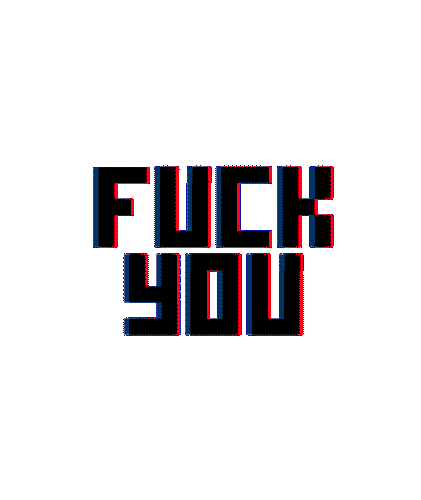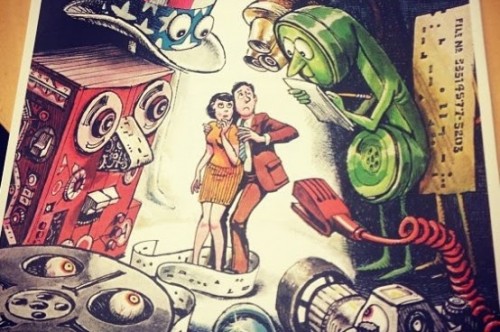“we are prohibiting “seduction guides,” or anything similar, effective immediately”
“from whistle-blowing outlet to a full-service travel agency”
“I need a new arsenal of swear words that punch up and tear down destructive stereotypes”
“The drone will go down in history as the crucial invention that made war a managerial decision”
“Radical self-exposure and classically manicured discretion can both be powerful, both be elegant”
Nathan is on Twitter [@nathanjurgenson] and Tumblr [nathanjurgenson.com]. more...








